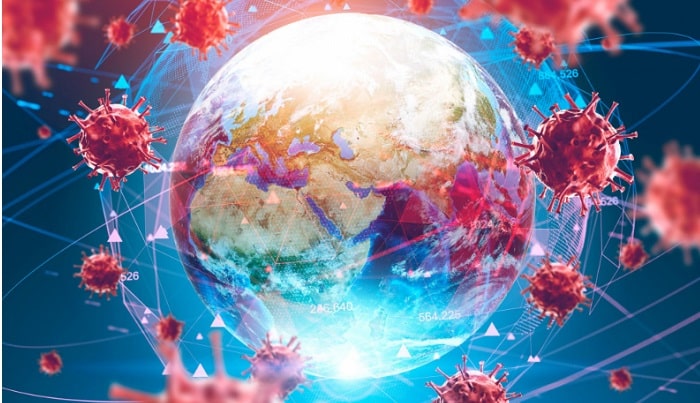World leaders, recognizing the world’s unpreparedness for Covid-19 and the resulting scramble for resources that favored wealthier nations, are now proposing a pandemic treaty to address these disparities. This treaty is currently under negotiation through international meetings facilitated by the World Health Organization (WHO). The treaty’s main goal is to ensure fairness in distributing resources necessary for handling future pandemics, in contrast to the chaotic response seen during the Covid-19 pandemic.
However, reaching an agreement on this treaty is proving challenging due to differing government interests, reservations from pharmaceutical companies, and lingering anti-WHO sentiment from those who opposed pandemic-related measures. The proposed pandemic treaty is a response to the devastating impact of Covid-19, which caused millions of deaths and exacerbated poverty, hunger, and health system disruptions, especially in poorer countries. Negotiations are taking place under the WHO’s auspices, and member states are responsible for finalizing the agreement. Meetings have occurred throughout the year, with the aim of presenting a finalized draft to the World Health Assembly by May 2024.
The WHO’s director general, Tedros Adhanom Ghebreyesus, has likened this treaty to the convention on tobacco control, the first international treaty established under the WHO in 2005. The pandemic treaty is vital because while Covid-19 vaccines were swiftly distributed to wealthier nations, developing countries faced delays in accessing vaccines in substantial quantities. Although the Covax platform was initiated to support vaccine research, manufacture, and fair distribution, richer countries secured vaccines through individual agreements, exacerbating global inequalities. Shortages extended beyond vaccines to oxygen, personal protective equipment, and testing resources in poorer nations.
The draft political declaration within the pandemic treaty emphasizes “global solidarity” and concerns about Covid-19’s disproportionate impact on low-income countries and marginalized populations. It calls for increased access to affordable medication, support for local production and distribution, and empowerment of the WHO with the necessary authority and funding to mitigate pandemic risks. The treaty’s objective is to build on the lessons from Covid-19 and ensure equitable availability of treatments, resources, and equipment for future pandemics. Furthermore, it seeks to enhance surveillance and early warning systems to prevent and respond to future disease outbreaks.
Despite progress, questions persist about the strength of the treaty. Early drafts have been criticized as weak and ambiguous, with concerns that varying interpretations could hinder effective action. Additionally, challenges stem from opposition to the deal and skepticism towards the WHO. Tedros has pushed back against claims that the treaty represents a power grab by the WHO and likened detractors to those who once undermined the tobacco control treaty. He also addressed concerns that non-branded treatments would impact pharmaceutical profits, emphasizing the possibility of achieving a balance between equitable access and innovation.


















